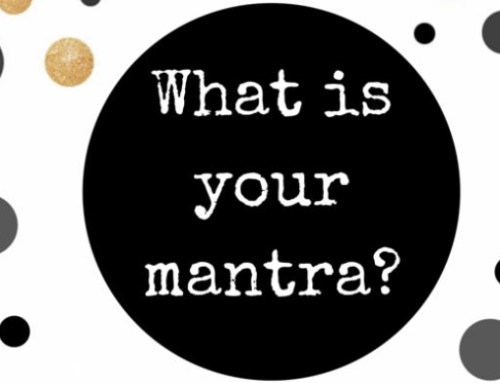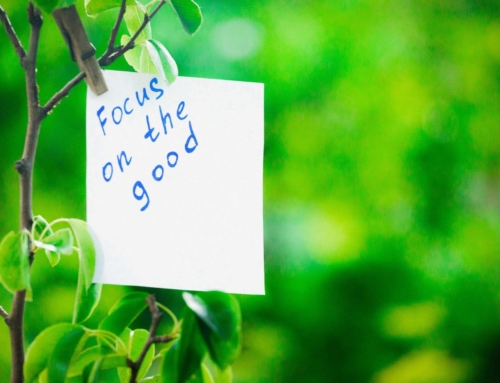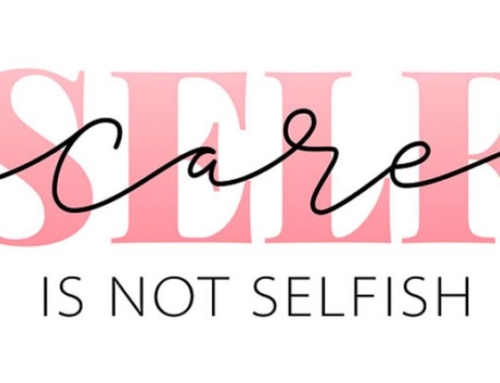How to Love an Addicted Loved One
Living life with an addicted loved one can often feel like you’re trapped on a rollercoaster you never wanted to ride on in the first place. The continuous ups, downs, and spirals can feel jarring in every way possible. For parents of addicted loved ones, worst case scenarios can sometimes feel like the norm and the neurological pathways utilized to think about these possibilities are strong and deeply engrained. “What if’s” bubble up to the surface: what if she gets fired from her job? What if he ends up in jail or prison? What if someone is killed in an auto accident? Or what if she dies from a drug overdose? These are enough to make anyone anxious, depressed, and left feeling helpless and powerless. So what does it look like to love an addicted loved one without getting entangled in codependent patterns and enabling the addictive behavior?
Loving an addict or alcoholic well requires that we dig in and do our work. That’s right; doing work on oneself first and foremost. The worries, “what if’s,” and ruminating thoughts cause family members to rush in and assume responsibility for their loved one’s destructive behavior. This is enabling and the addicted loved one craves this to keep homeostasis in their world. Enabling happens because there’s a desire to protect, to avoid disgrace, or to keep the loved one from becoming another fatal statistic. Though it’s misguided, most of these actions are very well intentioned in nature. That’s what family does, right? They help one another when another member of the family is in need. Unfortunately, this can be destructive when applied to a family where addiction is present. If the addicted loved one has a fighting chance at recovery, family members must get out of their way and allow them to take responsibility for their behavior.
When family members are in the throws of rescuing or helping, it can feel good in the moment. It can feel powerful; sometimes even mimicking the experience of being the addict’s Higher Power. Part of recovery for parents of addicted loved ones is shifting the sense of responsibility for the loved one back onto themselves. This is hard work, friends. Even more so if this has been a long journey with your addicted loved one.
Ironically, the answer to the question, “how can I love my addicted loved one?” is by bringing back the responsibility and focus on oneself. The more that family members are able to differentiate from their loved one, the healthier the relationship can be, and the better the chances of the loved one finding and sustaining recovery.
If you’re looking for more resources on this topic, I highly recommend the work of Pia Mellody (Facing Codependence). Finding community through a support group like PAL is also helpful when navigating addiction with a loved one.
Grace & peace,
Ashley Worthington, MA, LAC
Living Hope Counseling
Ashley Worthington, MA, LAC, is a guest blogger for PAL and works with Living Hope Counseling






